Aveda is a cruelty-free brand. We do not test on animals and never ask others to do so on our behalf. Our products are “people-tested.”
This is an important part of our mission to care for the world we live in and for those we live with, and has been since our founding in 1978.
We strive to set an example for leadership and responsibility of caring, not just in the world of beauty, but around the world. Our commitment to caring for animals and wildlife reaches far and wide. In fact, we live and breathe it.
In 2022, Aveda received approval under the Cruelty Free International Leaping Bunny Programme, the globally recognizable gold standard of approval for cruelty free products.
Our animal testing policy
Aveda believes that cosmetic products should be cruelty free. We are proud to be Leaping Bunny approved. A global programme, Leaping Bunny requires cruelty free standards over and above legal requirements.
All Aveda brand cosmetic products are approved under the Cruelty Free International Leaping Bunny programme, the internationally recognisable gold standard for cruelty free products. We adhere to a fixed cut-off date policy and proactively monitor our suppliers to ensure that our products continue to adhere to the Leaping Bunny criteria. Our supplier monitoring system is also independently audited.
For more information about Cruelty Free International, Leaping Bunny and Leaping Bunny criteria, please visit www.crueltyfreeinternational.org
Our proudest achievements:
In 1989, we were the first company to sign the Ceres Principles for corporate responsibility, which call for the safeguarding of the Earth and "its inhabitants."
While Aveda products are not certified Vegetarian or Vegan, the overwhelming majority of our products contain no animal-derived ingredients. A very small number of products may include ingredients such as beeswax, honey, or whey-based protein.
Our Blaine, Minnesota manufacturing plant is certified as a wildlife habitat by the National Wildlife Federation. We worked with NWF to create “drive with care” signs that would help protect wildlife on our campus.
We work with Audubon Minnesota to enhance the nesting habitat on the grounds of our Blaine, Minnesota headquarters. This has included the construction of a chimney swift house, a purple martin house, wood duck nesting boxes, and bluebird houses.
We have supported Audubon's Upper Mississippi River Initiative through the Aveda Earth Month program since 2007, directly funding water quality work that helps protect and enhance river habitat for birds and other wildlife.
We help raise awareness about the importance of pollinator conservation by sponsoring the Aveda Butterfly Garden at the Minnesota Zoo; a zoo renowned for its conservation efforts. By funding free entry into this exhibit, Aveda is helping to educate children on the importance of protecting butterflies and other pollinators.
Since 2010, we have collected used cell phones from our employees to donate to the Recycle for Rainforest Project sponsored by the Minnesota Zoo. Currently, funds from this program support the conservation efforts of the Goualougo Triangle Ape Project (GTAP) in the Republic of Congo (West Africa).
We have supported animal relief during natural disasters, donating to the Animal Humane Society in the wake of Hurricane Katrina and to the National Wildlife Federation after the Gulf Oil Disaster.
Over the past decade, our network has raised over $8 million for grassroots organizations that help protect endangered plants and their environs, including the animals therein.
We support the Endangered Species Act and, in 2006, we sent more than 500,000 signatures from our network and guests to the United Nations and the White House to support it.
We practice bee friendly gardening at our headquarters in Blaine MN and provide a honey bee haven with access to pesticide-free food, shelter and water.
The handcrafted Nepal lokta bark paper for our holiday and year-round gifting boxes are Certified Wildlife Friendly® by the Wildlife Friendly Enterprise Network. Our commitment to purchasing this paper helps to protect 34,000 acres of forest, maintaining critical wildlife corridors for 21 endangered species, including the grey wolf, snow leopard and wild yak.


